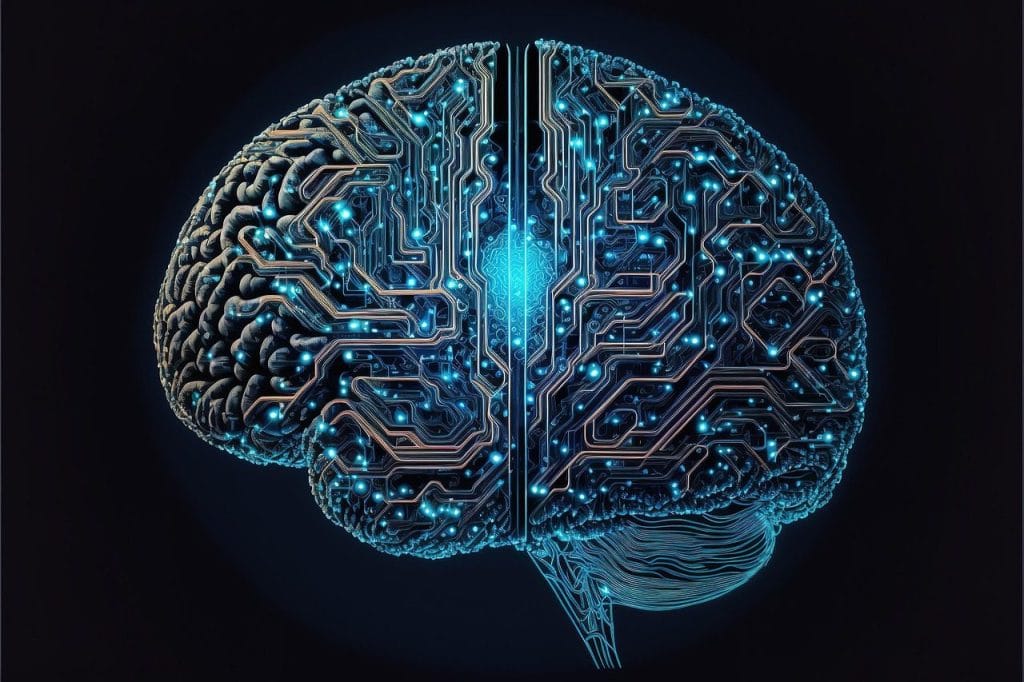A recent study conducted by researchers from McGill University and the Douglas Institute has revealed intriguing findings about depression and its impact on specific brain cells.
The study, which involved analyzing post-mortem brain tissue donated by individuals with psychiatric conditions, focused on examining RNA and DNA from brain cells of 59 people with depression and 41 without. The researchers discovered that individuals suffering from depression exhibited altered gene activity in two distinct types of brain cells.
Specifically, the study highlighted changes in gene activity within a type of excitatory neuron responsible for mood and stress regulation, as well as in a subtype of microglia cells involved in managing inflammation. This breakthrough sheds light on the precise brain cell types affected by depression and provides valuable insights into the mechanisms underlying this mental health condition.
Senior author Dr. Gustavo Turecki, a prominent professor at McGill and clinician-scientist at the Douglas Institute, emphasized the significance of this discovery, stating, “This is the first time we’ve been able to identify what specific brain cell types are affected in depression by mapping gene activity together with mechanisms that regulate the DNA code. It gives us a much clearer picture of where disruptions are happening, and which cells are involved.”
The researchers believe that pinpointing these affected cells offers a fresh perspective on understanding depression, with Dr. Turecki noting, “Depression isn’t just emotional; it reflects real, measurable changes in the brain.” Moving forward, the team plans to investigate how these cellular alterations influence brain function.
Published in Nature Genetics, the study holds promise for the development of novel treatments tailored to individuals grappling with depression. By unraveling the intricate connections between gene activity and brain cell function, researchers aspire to pave the way for innovative therapeutic interventions for those impacted by this mental health disorder.



